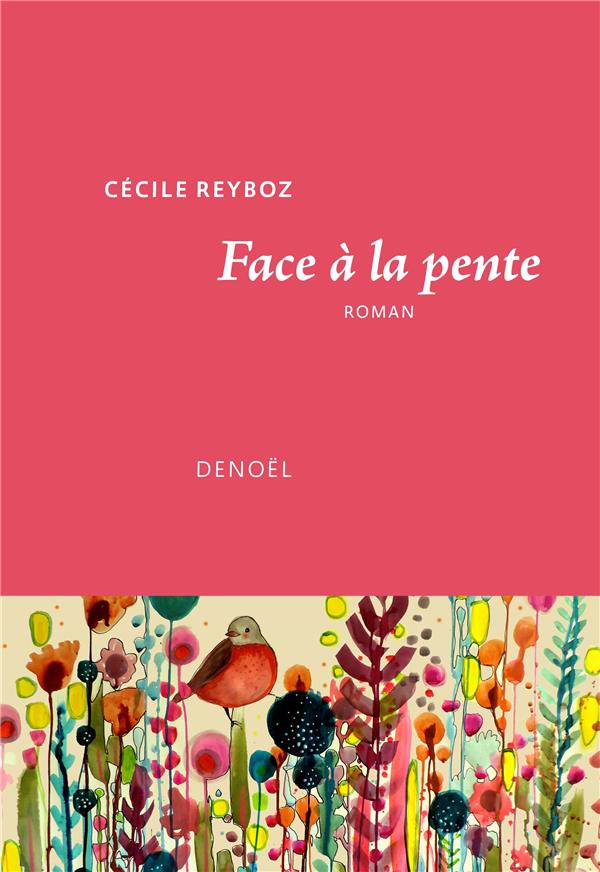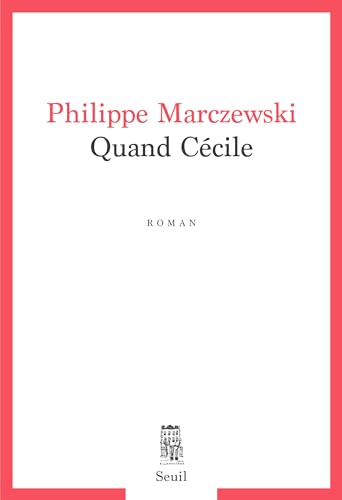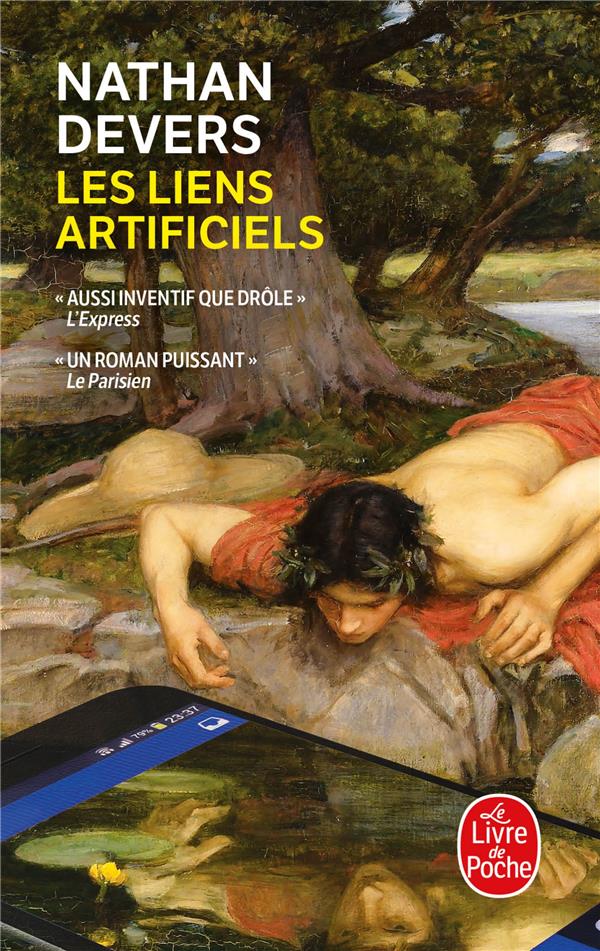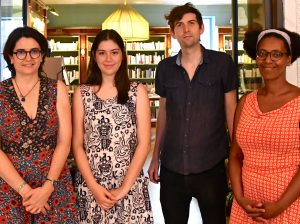Four French Fiction Books To Read This Spring
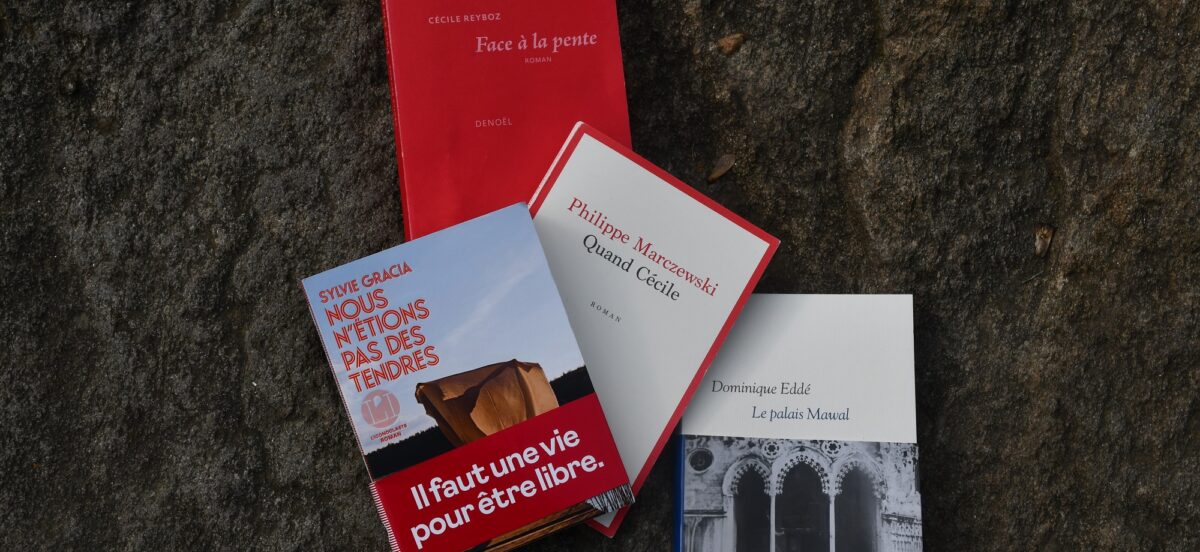
This spring, French novelists Sylvie Gracia and Cécile Reyboz have each released a novel in which they explore middle age with a deep and riveting honesty. Their narrative whose tone, voice and atmosphere couldn’t be more different, look back at all that needs to be let go, forgotten, in order to become free, at last. In Quand Cécile, Philippe Marczewski offers a subtle reflection on the mechanics of forgetting. And in Les Liens artificiels, Nathan Devers invites us in a diabolically precise online world — mirror to ours — where anything is possible, adnd where one is being offered a second chance to become what one has always dreamed of becoming.
Reading List
58-year-old Leonore, a single mother is working as a “Professional Mobility Manager” in Paris, where she has raised, alone for the most part, her daughter Violette. After years of loyal service in a job she considers “as honorable as it is useless,” Leonore has just accepted an offer for early retirement.
While wondering how to make the most of her new-found freedom, Leonore runs into DJ Marlone, the idol of her youth, at a drunken party. Following an unlikely exchange of clothes, she learns that Marlone owns a house in a remote corner of Isère, in the mountains above Grenoble, which he would like to sell as soon as possible.
That’s all it takes to convince Léonore to go there. What awaits her is love at first sight, not for the house – which is hideous – but for the sloping land that surrounds it and, above all, for the view: a void between two mountains, you could call it: “Rectangle of nothing on an empty background.” Read more.
Face à la pente by Cécile Reybo, éd. Denoel.
Click here to purchase this book with us.
Some books manage to capture turning points in life, periods of transition that we dread, that we try to put off until later, as long as possible, until they inevitably come crashing down on us, with lightning-fast violence. Nous n’étions pas des tendres is such a book. Sylvie Gracia depicts sensations up close: beauty, ugliness, sadness, bursts of pleasure, the chaos of existence as we blindly and tenaciously go through it.
Read more.
Nous n’étions pas des tendres by Sylvie Gracia, éd L’Iconoclaste.
Click here to purchase this book with us.
“voilà comment on oublie les choses, comment on oublie les êtres, et comme il oublie Cécile, et il voudrait empêcher cette béance qui s’ouvre peu à peu dans sa mémoire de dévorer son visage parce que l’oubli est injuste et brutal, il avale la couleur des yeux, la forme des mains les parfums et les mots et ne laissent affluer que le souvenir de la mort”
“This is how one forgets things, how one forgets people, and how he forgets Cécile, and he’d like to prevent this gap that’s gradually opening up in his memory from devouring his face, because forgetting is unfair and brutal, it swallows up the color of eyes, the shape of hands, perfumes and words, and leaves only the memory of death to flow in”.
How to express absence, or rather, how to express the multi-dimensions of absence? This seems to be PM’s project in Quand Cécile. Cécile was 27 when she died in a plane crash. Our narrator had met and loved her when they were students. Then, by mutual agreement, they parted; for both of them, the timing wasn’t right.
Years later, our narrator learns of Cécile’s death, goes to the funeral and regrets not having known her better. As time passes, he crosses path with a woman in the street who reminds him furiously of Cécile. Clinging to the emotions that continue to run through him like a narrative thread, he sets out to defy oblivion, to defy the dead woman, and to imagine Cécile alive again.
Quand Cécile, Philippe Marczewski, Seuil.
Click here to purchase this book with us.
In his late 20s, teaching piano to disinterested pupils, recently dumped by his girlfriend, his musical project rejected by all the record companies, Julien’s existence could be described as banal, mediocre, unremarkable; almost pointless. He’s one of those average people on whom life doesn’t often smile. One evening, a little sadder than the others, he stumbles into a virtual parallel world, the Anti-World, where everything seems possible. This new life is a form of rebirth for Julien: his own alternate history. Little by little, the boundary between virtual and real becomes blurred, until he no longer knows which of his two lives is the “real” one.
But this virtual world is not just escapist, it can also be artistic. If poetry was originally written on paper, why can’t it be pixelated? In a world where Julien’s art is misunderstood by all, it seems like his writing will finally enchant people in the virtual mirror of the Anti-world.
Virtual worlds are commonplace in the audiovisual world, and particularly in cinema (Black Mirror – S5 ep1 “Striking Vipers“, Don’t worry Darling, Code Lyoko…), but this subject is still new in literature, and that’s what makes Les Liens Artificiels a singular and innovative work.
Les Liens artificiels by Nathan Devers, le livre de poche
Click here to purchase this book with us.


